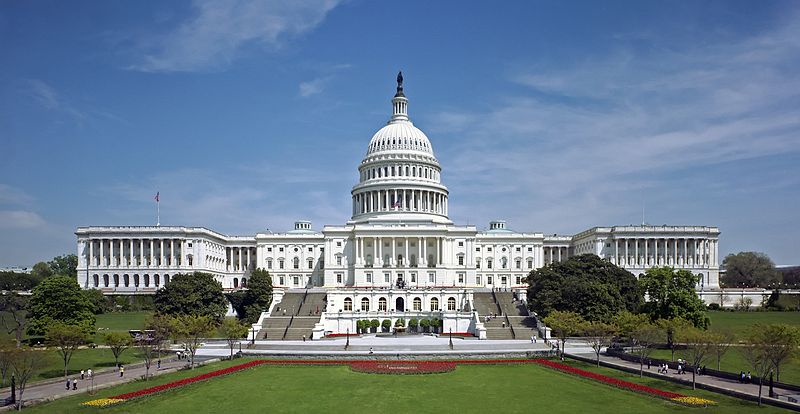
Nuke Review January 16 – 23 2013
Iran
Former US Military Flag Officers on the Military Option
The American Security Project hosted a panel of three esteemed former military officers to discuss military options against an Iranian nuclear program. ASP CEO BGen. Stephen Cheney (USMC, ret.), Admiral William Fallon (USN, ret.), and LtGen. Frank Kearney (USA, ret.) discussed the tactical aspects of a military strike, noting that the number, location, and fortifications of Iran’s nuclear facilities present a challenge for military planners. The situation is likely to get worse before it gets better, LtGen. Kearney said. Adm. Fallon agreed, noting that both sides need incentives to come to a deal.
North Korea
U.N. Condemns Missile Launch
A new resolution was passed on Tuesday by the fifteen member nations of the council, denouncing North Korea’s missile launch in December 2012. While no new sanctions are pressed onto the government, China has once again put its weight behind this condemnation. The new resolution also black listed four individuals and six companies from North Korea.
Third Test?
Concern over a third nuclear test in North Korea is growing, as Pyongyang indicated that it may conduct a test in retaliation against the UNSC resolution. , The international community has promised “significant action” should another launch or test occur.
Nuclear Challenges
Nuclear Warnings Abundant
Recent skirmishes along the cease-fire line of the contested region between India and Pakistan have once again brought international focus to the region. The two nuclear states both lay claim to Kashmir. Because of this, nuclear advisories are commonplace, though a recent advisory has for the first time been published in a local newspaper. Officials have claimed that such warnings are routine and that this publication does not relay any new concern over a possible nuclear attack. However, some residents claim that the advisories are “brazen” and are “fueling an atmosphere of fear”.
Responsibility Demanded
Secretary General of the U.N. Ban Ki-moon remarked on Jan. 18th at the Monterey Institute, that nuclear non-proliferation efforts, while effective in the past, are no longer substantial. He urged immediate action by the international community (specifically nuke-possessing countries) to spearhead new measures and agreements to reduce the production, current numbers, and accessibility to nuclear and chemical weapons. With a stern focus on the Iranian and Syrian regimes, the Secretary General said “there are no right hands for wrong weapons”.
U.S. Nuclear Strategy
UPF Cost Still Unclear
A redesign for the Uranium Processing Facility is Y-12 is underway, after an earlier design was scrapped last year because it did not allow enough space for the necessary equipment. The redesign is at 66 percent, but planners are unable to provide a specific cost estimate. The price range for the past several years has been $4.2 billion to $6.5 billion.
Congress Spars over MOX
Members of Congress debated the value and cost of the Mixed Oxide Fuel facility at the Savannah River Site in South Carolina. Rep. Ed Markey (D-MA) highlighted that the project is reportedly $2 billion over budget and that there is no buyer for the fuel that the facility is intended to produce. Rep. Joe Wilson (R-SC) argues that the MOX facility is an “essential national security program.”





